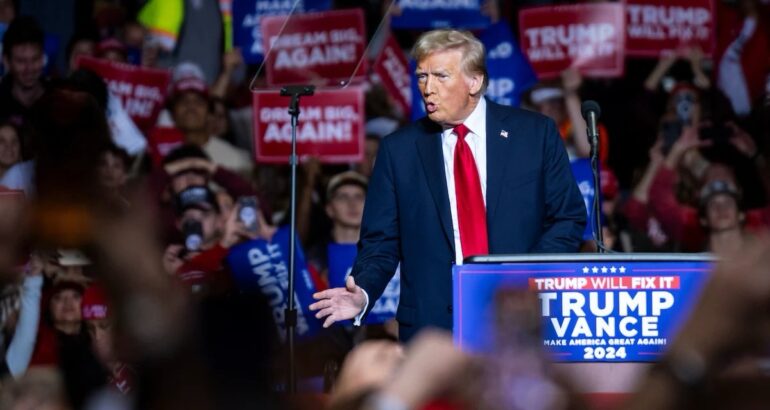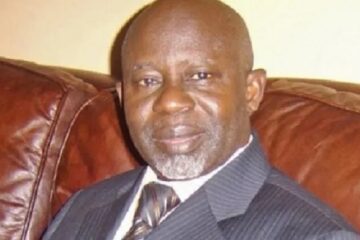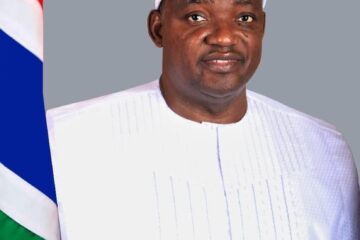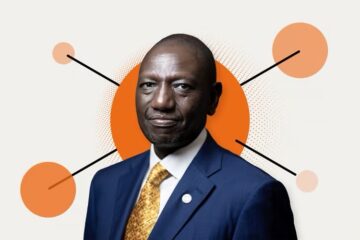As the United States approaches its next presidential election, Russia is publicly maintaining a stance of neutrality. However, beneath this outward indifference, there’s a subtle preference within the Kremlin for a Trump victory. While Moscow has refrained from overt expressions of support, analysts believe that certain aspects of Trump’s foreign policy align more closely with Russian interests, particularly when compared to those of the current administration.
One of the primary reasons behind Russia’s quiet support for Trump is his approach to international relations. Trump’s “America First” doctrine, which emphasizes reduced U.S. involvement in global conflicts and a more transactional approach to alliances, is appealing to Russia. Unlike other recent presidents, Trump has often questioned traditional U.S. alliances like NATO, expressing skepticism over the defense commitments of the United States. For Russia, a weakened NATO and a U.S. that is less engaged internationally are advantageous, as they provide more room for Russian influence in regions like Eastern Europe, the Middle East, and Central Asia.
Furthermore, Trump has previously shown a willingness to engage with authoritarian leaders and pursue direct diplomacy, a stance that has opened dialogue with countries often at odds with the U.S., including Russia. Although Trump’s policies during his last term didn’t fully align with Russia’s objectives, his approach was seen as less adversarial compared to other administrations, giving the Kremlin more flexibility in pursuing its own strategic interests.
One of the most significant areas of divergence between Trump and the Biden administration is their respective approaches to the Ukraine conflict. Trump has suggested that he could broker an end to the war swiftly if re-elected, potentially through a more flexible or less demanding stance toward Russia than the current administration has maintained. While he hasn’t detailed what this might entail, Trump’s history of diplomacy with Russia implies he might pursue a compromise that wouldn’t necessarily align with Ukraine’s goals.
However, this proposed approach might still be unsatisfactory to the Kremlin. For President Vladimir Putin, any resolution that doesn’t solidify Russian control over certain Ukrainian territories or bring about a more favorable political outcome in Kyiv might not be acceptable. Moscow has invested heavily in this conflict, and the stakes are high, with national pride and geopolitical influence in the balance. Therefore, while Trump’s openness to negotiation on Ukraine is appealing, there’s no certainty that he could meet Russia’s ultimate demands.
Despite the alignment of certain foreign policy goals, Russia remains cautious in openly supporting any U.S. candidate. Given the accusations of interference in past U.S. elections, the Kremlin is keen to avoid actions that could lead to further sanctions or diplomatic fallout. Additionally, public endorsement could be counterproductive for Trump, as visible Russian support might alienate American voters.
This cautious stance allows Russia to hedge its bets. While the Kremlin may privately hope for a Trump victory, publicly, it can remain neutral, reducing the risk of backlash and preserving diplomatic flexibility. In the event that Trump loses, Russia can continue its relationship with the U.S. under a new or continuing administration without the burden of having openly favored one candidate over the other.
Ultimately, a Trump presidency could lead to a recalibration of U.S.-Russia relations, though significant obstacles would remain. While Trump’s foreign policy might give Russia greater leeway in certain areas, his potential strategies for Ukraine and Eastern Europe would still need to align with U.S. interests, Congress, and international allies. And with tensions running high in Washington over Russian influence, any efforts to reshape relations with Moscow would face intense scrutiny.
In summary, while Russia’s subtle preference for Trump can be understood given his foreign policy stances, Moscow’s ultimate goals—particularly in Ukraine—might not align fully with what a Trump presidency could realistically deliver. Nonetheless, as the U.S. election draws closer, Russia’s quiet support is a reminder of how intertwined global interests have become in an increasingly multipolar world.




